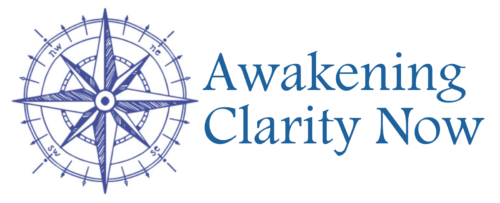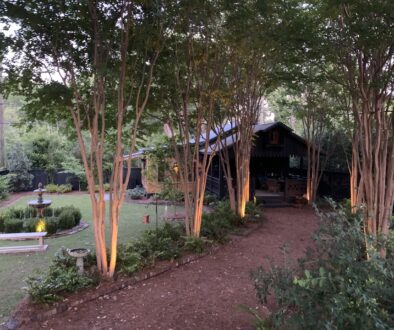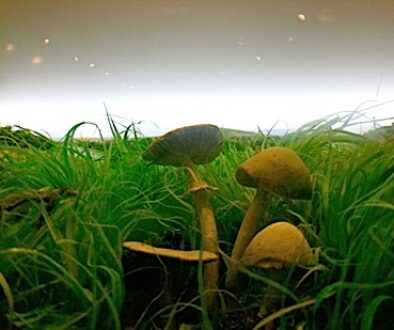Words Fail Me by Kathleen Sutherland

There is so much conditioning, so many patterns and habits, so many preferences, opinions and beliefs that keep us bound to the illusion that we are this body/mind/soul unit. But there is a simple line of inquiry that can help cut through them all: Consider what is “mine.” Anything that is “mine” isn’t “me.” I stand separate, as the owner, from my possessions or attributes. If it’s mine, it isn’t me!
This is obvious regarding our more concrete possessions or looser associations. I know I am not my house, my car, nor any of the objects I own. I am also not my family, friends, neighborhood, city nor country. When my material possessions are damaged, threatened, or lost, I may feel distressed or defensive. But I know that I remain intact, regardless. When the people (or animals) I love suffer harm or die, I may feel a very deep loss, even as if a part of me is gone. But ultimately, I know that I have an existence separate from those I love. I continue on without them.
I am not my job, nor any of my activities. These continually change, but I remain the same. My appearance, especially my face, I may think of as “me.” But this changes, too.
Drawing a closer ambit, I also know I am not my name; this was given to me. Nor am I any particular body part. None of us wants to lose a toe or limb, but they are not essential to our identity. We know we would still be ourselves without them. Even absent our entire bodies, we know that the sense of being would remain. It does not reside behind the eyes or in the brain or in the heart. It cannot be located within or confined to any part of the body. It has no center nor boundaries.
Moving onto a more abstract plane, am I my thoughts, beliefs or feelings? If they ceased, would I cease? We know they are always changing, and if we examine their content and patterns over time, we see that they change dramatically. My opinions, beliefs and feelings are quite different now from when I was a child or a youth. And yet I remain. There is some continuity which constitutes “me.” But its essence is not my ever shifting thoughts or emotions.
Everything we might think of to describe ourselves could be labeled “my” or “mine:” my thoughts, feelings, even my sense of being, or my essence. Who is claiming these things? Should all be lost, or should we hypothetically disclaim ownership of all we call “ours,” then what remains? We do!
So there we are, floating in the ether, without an object or thought or concept to hang onto, or that can be hung on us. This is us! No wonder we don’t know what we are, what this is. It’s inescapable, but undefinable because any definition only describes its attributes, associations, labels. At its core, it is none of these. It loves to play dress up, assuming all sorts of temporary guises. But when naked, it simply is. It is not an “I” nor even an “am.” It has a sense of “am,” a perception or experience of being. And yet, as this could be labeled “my” perception or experience, it is again outside of, ancillary to me. The more I consider myself, the more I seem to slip away! Ultimately, I discover am nothing and nowhere, and so I am everything, within everything, permeating all.
I am the awake space, I am the void, I am emptiness, stillness. Again, we resort to a subject, verb and descriptors of our experience. The vaguer they are, the closer they are to the truth. But they cannot touch the truth or be the truth; they can only point. So as we move ever closer to the truth, words fail us. But we see that we don’t need them. On the contrary, we see most clearly when the words fade to a whisper and then to a hum. And thus they leave us exactly as we are, at the center of it all—wondrously ineffable, silent and still.
Kathleen Sutherland is enrolled in The Living Method Continuing Student Program and is editor of ACN. She lives in Iowa.




